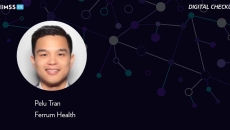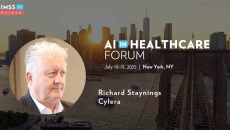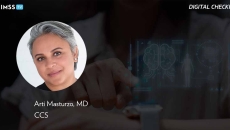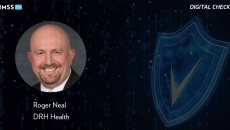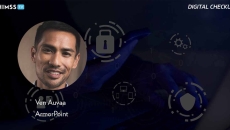Cybersecurity and Privacy
A diagnostic AI developed at Asan Medical Center has been shown to analyse medical images while protecting privacy.
AI is transforming care and improving outcomes, but Richard Staynings, chief security strategist at Cylera, says that, without clear governance and federal guidance, cybersecurity, privacy and patient safety may be at risk.
AI deployment in healthcare lags due to data security requirements and patient safety risks, says Ferrum Health CEO Pelu Tran, who recommends creating platforms that let providers securely plug in and swap AI tools as needed.
Cylera's Richard Staynings warns that, as many hospitals rush to bolt on AI tools, a lack of visibility into how these models operate and their vulnerabilities may jeopardize data safety and patient trust.
Dr. Arti Masturzo, chief medical officer at CCS, discusses the pros and cons of RFK, Jr.'s proposal for every American to wear a government-issued health monitoring device within four years, including concerns around device data accuracy.
Roger Neal, VP and COO at DRH Health, says that due to the complexities of the healthcare industry, "our goal right now needs to be to get neutral" rather than getting ahead of cyberthreat challenges.
Dr. Doug Fridsma, former ONC chief science officer and current chief medical informatics officer at Health Universe, discusses GPT-5, including HIPAA compliance, FDA oversight and potential risks for patients uploading healthcare data.
Organizations are applauding the goals of transparency and patient access to medical data.
Healthcare organizations are vulnerable to cyberattacks like phishing scams during IT upgrades and business restructuring. Security awareness is important during any changes, says Ven Auvaa, ArmorPoint's information security director.
A new study has looked into factors influencing doctors, chronically ill patients, and healthy persons to prefer one health application over another.


